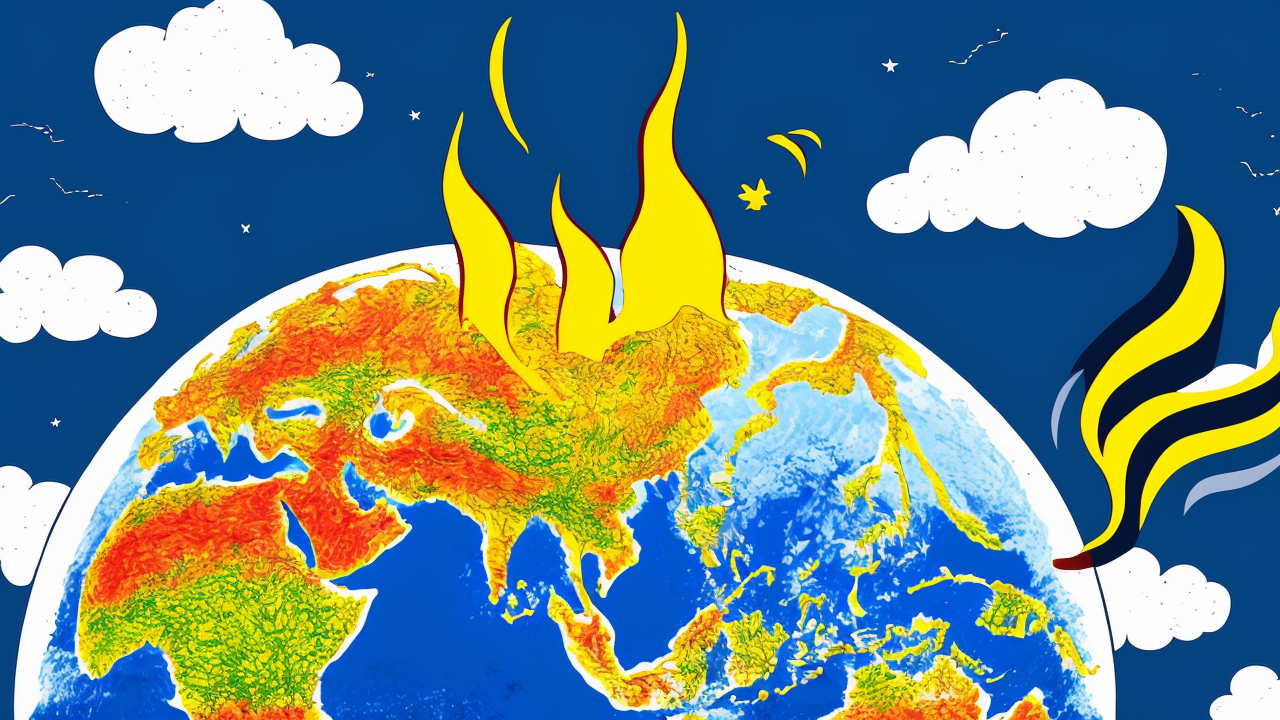Energy Crises Highlight Flaws in Renewable Dependence

The world faces an energy crisis as geopolitical tensions and resource dependencies expose the limitations of renewable energy. Wealthy democracies promoted wind and solar as alternatives to fossil fuels, but conflicts in Eastern Europe and the Middle East have revealed the fragility of this approach. Reliance on foreign energy sources, particularly from unstable regions like Russia and Iran, has left nations vulnerable to supply disruptions and soaring prices.
Western economies slashed domestic oil, gas, and coal production, assuming renewables could fill the gap. However, solar and wind power are unreliable and intermittent, failing to meet energy demands during periods of low sun or wind. Meanwhile, politicians subsidized these technologies despite skyrocketing electricity costs in countries like Germany and California.
The U.S. and Canada hold vast untapped energy resources, such as the Permian Basin and Alberta's oil sands, capable of reducing dependence on foreign suppliers. Yet, trillions of dollars intended for fossil fuel infrastructure were diverted to subsidized renewables, creating a looming supply crisis.
As energy shocks loom, the message is clear: nations must prioritize domestic energy production to ensure stability and avoid future vulnerabilities. The choice to abandon fossil fuels in favor of unproven renewables has left the world more exposed to geopolitical risks than ever before.
Published: 6/24/2025
















